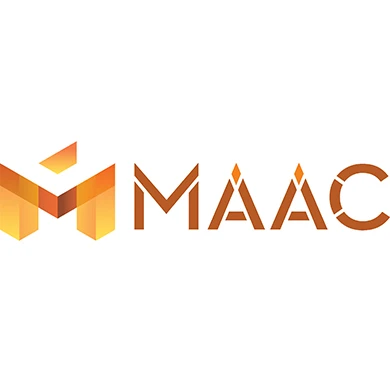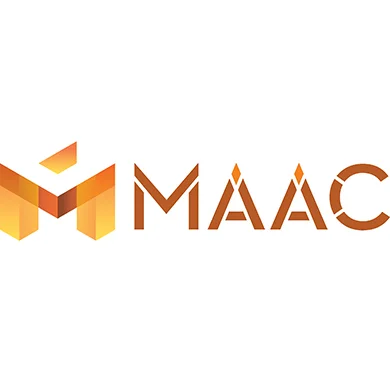MAAC - Nosotros Information
Treatment
Who We Treat
- Male and Female
Treatment Focus
- Men
- Co-Occurring Disorders
- Drug Addiction
Approaches
- Evidence-Based
- Gender-Specific
- Therapeutic Community
- Strengths-Based
- Group Therapy
- Cognitive Behavioral Therapy (CBT)
- Dialectical Behavior Therapy (DBT)
- 1-on-1 Counseling
- Meditation & Mindfulness
- Eye Movement Therapy (EMDR)
- Life Skills Training
Conditions We Treat
- Grief & Loss
- Trauma
- Grief and Loss
- Anger
- Co-Occurring Disorders
Substances We Treat
- Benzodiazepines
- Prescription Drugs
- Heroin
- Cocaine
- MDMA/Ecstasy
- Synthetic Stimulants (Bath Salts)
- Ecstasy
- Psychedelics
- Synthetic Drugs
Languages
- English
- Spanish
Level of Care
- Residential Rehab
- Co-Occurring Mental Health
Experience
Personal Amenities
- Shared Rooms
- Shared Bathroom
Smoking and Vaping Policy
- Smoking Allowed in Designated Areas
- Vaping Not Allowed
Additional Locations
MAAC - Nosotros Accepts The Following Insurance Plans
Find the best treatment options. Call our free and confidential helpline today!





